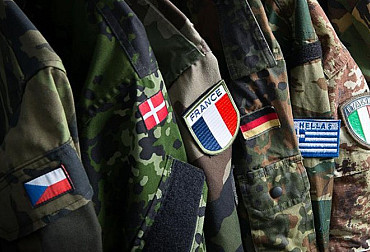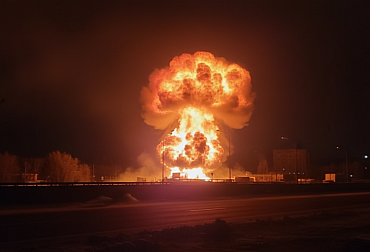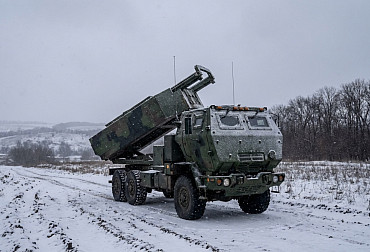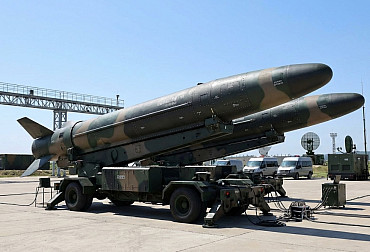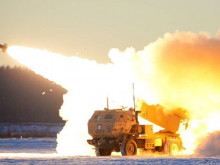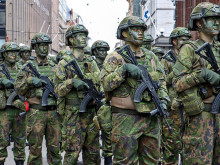Without the defence industry we cannot ensure the security of the state
During the visit of the US Secretary of Defence Lloyd Austin, Minister of Defence Jana Černochová emphasised the role of the Czech Republic in assisting Ukraine, where the Czech Republic is among the five countries that support it the most. "The Czech Republic is ready to participate in the supply of military equipment to Ukraine through its companies. We are ready to participate in the repair of the equipment currently being sent to Ukraine," Černochová said.
The Minister's words again underline the importance of the domestic defence industry, without which an effective defence of the country and response to extraordinary crisis situations, which the war in Ukraine undoubtedly is, is unthinkable. This is confirmed by the fact that 95 % of the arms supplies to Ukraine were provided by companies operating in this sector.
At the same time, this is also an opportunity to recall the economic importance of the defence industry in a Europe-wide context. Just a few facts: it creates around 750 000 direct and indirect jobs. Defence investment has a multiplier effect of 1.6 at EU level, spread across a range of activities and sectors such as equipment, scientific research and construction. Its multiplier effect in skilled employment is 7.6 (higher than in sectors such as health, transport and education) and in R&D 12 to 20 times higher than in the same sectors.
In this context, the absurdity of the trend that has emerged in recent months to categorise the defence industry as 'unsustainable' in terms of its low prospectivity and sustainability within the so-called social taxonomy as part of the European Green Deal again 'stands out'. The indicated importance of the defence industry and the reality of the security situation in Europe after the outbreak of war in the east require that such an approach should become a thing of the past.
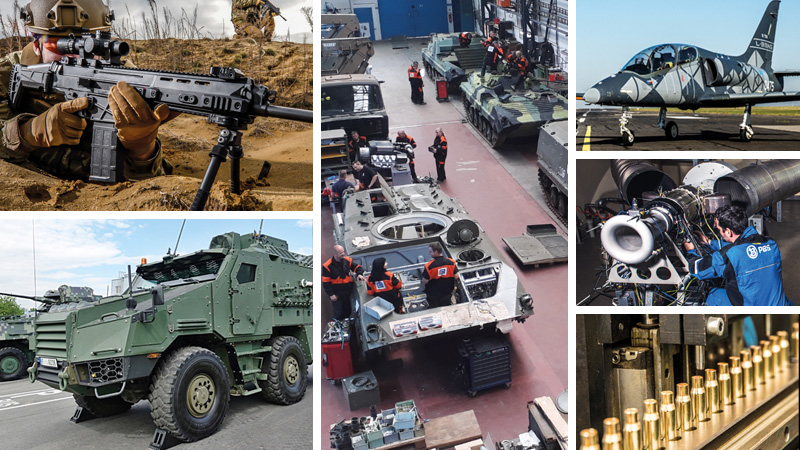 Picture: The defence industry creates about 750,000 direct and indirect jobs. Investment in defence has a multiplier effect of 1.6 at EU level, spread across a range of activities and sectors such as equipment, scientific research and construction | Members of the Defence Industry Section – Czech Chamber of Commerce
Picture: The defence industry creates about 750,000 direct and indirect jobs. Investment in defence has a multiplier effect of 1.6 at EU level, spread across a range of activities and sectors such as equipment, scientific research and construction | Members of the Defence Industry Section – Czech Chamber of Commerce
The good news for the Czech Republic is that the armaments industry is thriving. According to the President of the Defence and Security Industry Association (DSIA), Jiří Hynek, a record volume of arms exports can be expected. "While the standard export of military equipment is around CZK 15 billion, this year it could be more than double that. Ukraine will be an important destination," Hynek said. Therefore, it is very crucial and appropriate to support domestic manufacturers. The former Chief of the General Staff of the Czech Armed Forces, Army General Aleš Opata, expressed this in a prescient way. What is produced here deserves support from the highest level, i.e. from the government and the state. Fortune favours those who are prepared. When there is a problem, it is not like buying rolls in a supermarket," Opata said.
At the same time, more thought needs to be given to the efficiency of the defence industry. For example, can the state afford to have the state-owned company VOP CZ, which deals with repair of military equipment or engineering production for the army and the civilian sector, still in the red? In 2020 it was 114 million, last year it was more than 59 million.
Another big issue is the involvement of defence and security industry companies in European Defence Fund (EDF) programmes, which contribute significantly to strengthening European defence capabilities. Here the Czech Republic is still lagging behind, even in contrast to comparably large countries such as Greece or Portugal. Yet it is clear that domestic companies have the potential to get involved in EDF projects. After all, many of them have something to offer on the market today. These include small arms, ammunition, passive radars, but also space technologies, surveillance systems and nanotechnologies. The development of drones, whose importance was particularly evident on the Ukrainian battlefield, is also making great strides.
Therefore, the efforts of the DSIA leadership to provide maximum support to its member organisations in engaging in EDF programmes are to be commended. However, this will not be possible without greater involvement of the Ministry of Defence. A long-standing Achilles heel has been, first and foremost, the provision of co-financing of submitted research projects by the Department. Solving this long-standing problem would be a significant contribution by the state to keeping the defence and security industry at the European and global technological cutting edge, which is important for further increasing the defence capability and resilience of the state.











